Accelerating Enterprise DX: The Cutting Edge of Technological Transformation
Digital Transformation (DX) has evolved far beyond simply implementing IT solutions—it is now a powerful driver of business innovation.
In this article, we explore how three of the latest technology trends are shaping and accelerating DX strategies across industries, from a technical perspective.
1. Advancing Intelligent Automation with Generative AI
The application of generative AI is rapidly expanding beyond chatbots and content generation. One of the most impactful developments is its integration with RPA (Robotic Process Automation), resulting in what is now called intelligent automation.
For example, in customer support, AI can now understand and categorize inquiries, then suggest optimal responses and next steps—automating even complex, exception-based interactions that were previously difficult to handle.
In development environments, generative AI enables automatic generation of code and test scripts, significantly improving productivity.
Key skills in this domain include:
- Understanding large language models (LLMs)
- Prompt engineering
- Implementing API integrations
2. Cloud-Native Technologies for Maximum Development Agility
A cloud-native environment is essential for organizations aiming to accelerate their DX initiatives.
Technologies like Docker and Kubernetes have made microservices architectures mainstream, allowing each service to be independently scalable and resilient.
Automated CI/CD pipelines (Continuous Integration / Continuous Delivery) and service mesh tools such as Istio further streamline development while ensuring stable operation.
In addition, serverless computing (e.g., AWS Lambda) helps significantly reduce the burden of infrastructure management.
Key competencies here include:
- Designing and managing cloud infrastructure
- Understanding DevOps practices
- Implementing robust security measures
3. Building the Next-Gen Data Infrastructure with Data Mesh
Traditional centralized data platforms often struggle with scalability and agility. The emerging concept of the data mesh addresses these limitations.
In a data mesh model, individual departments manage and share their own data products, taking ownership of both data governance and delivery. This decentralization empowers teams across the organization to make faster, more informed decisions.
To implement data mesh effectively, organizations must focus on:
- Data governance frameworks
- Data catalogs
- Designing data lineage (the flow and history of data)
This is a highly advanced field requiring not only expertise in distributed systems and data infrastructure, but also strong domain knowledge.
In Summary
DX is becoming indispensable across all industries, and the demand for professionals who can navigate and lead through change is growing rapidly.






